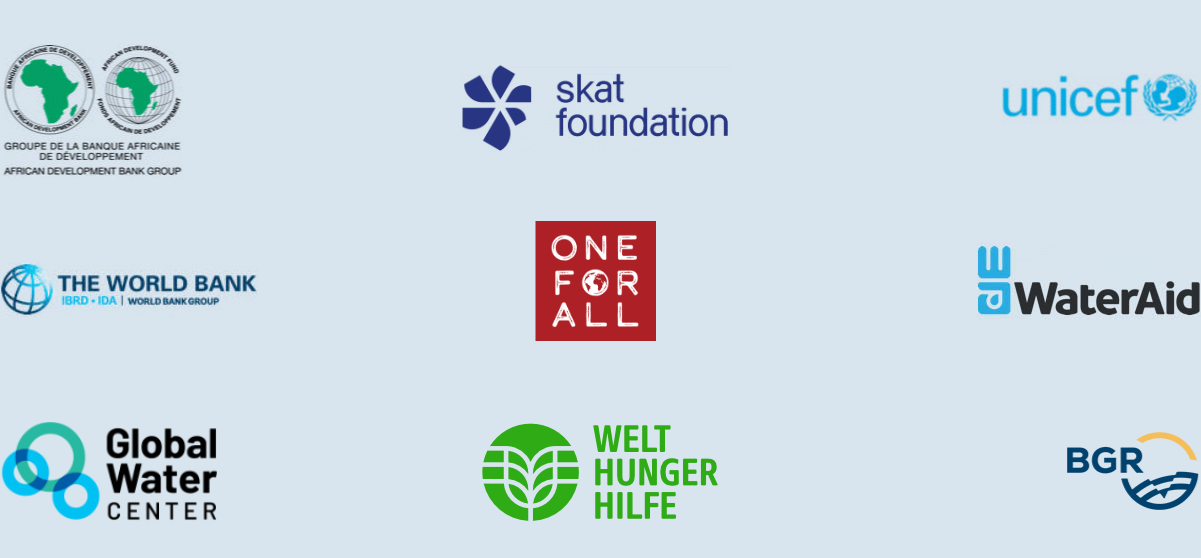Find out how to collaborate with RWSN
Sustainability Assessment of Rural Water Service Delivery Models Findings of a Multi-Country Review

© 2017 Pierre-Yves Rochat. • World Bank
Project starts: 2016
Project finished: 2017
Collaborators & Partners: The World Bank, Aguaconsult, IRC
Funder: The World Bank
Summary
Failure by governments and development partners to ensure sustained access to basic water supplies in rural areas is, to a large extent, the result of inadequate investment to deliver infrastructure where needed. It is also the result of a failure to ensure that infrastructure, once in place, continues to effectively provide the expected services over time.
Impressive gains from the Millennium Development Goal (MDG) era remain fragile and at risk, with various empirical studies indicating that 30 percent to 40 percent of rural water infrastructure is not functioning or functions below expected service levels (RWSN 2010).
Project Description
This assessment uses a multi-country case study approach to identify good practices and challenges toward building sector capacity and strengthening sustainable service delivery models for rural areas. The overall aim is to contribute to the global knowledge base on what countries are doing to improve the conditions that are likely to have a bearing on the longterm sustainability of rural water services. The case studies also serve to provide policy guidance and practical recommendations to country teams and governments on how to improve the sustainability of their service delivery approach.







 Google Übersetzer
Google Übersetzer